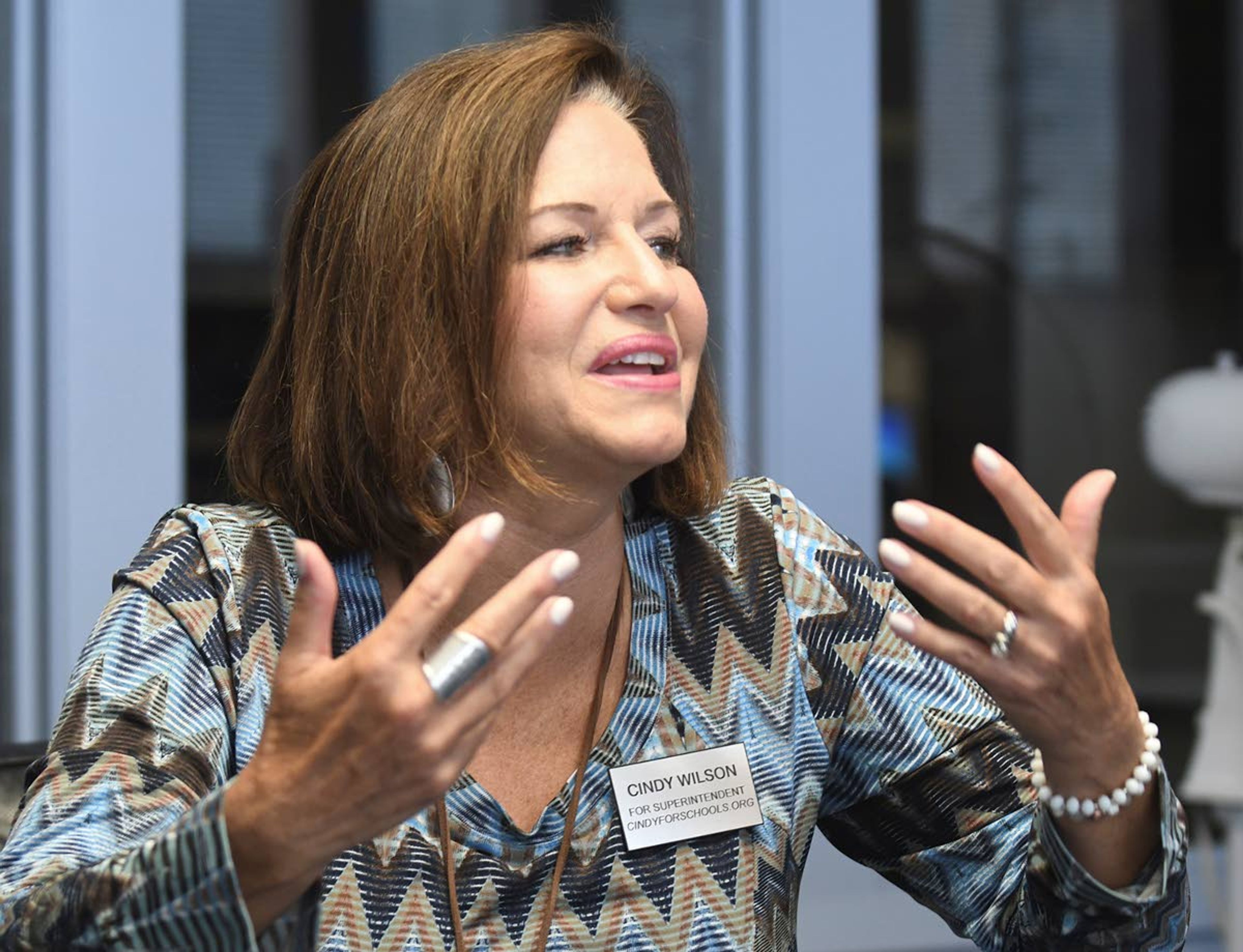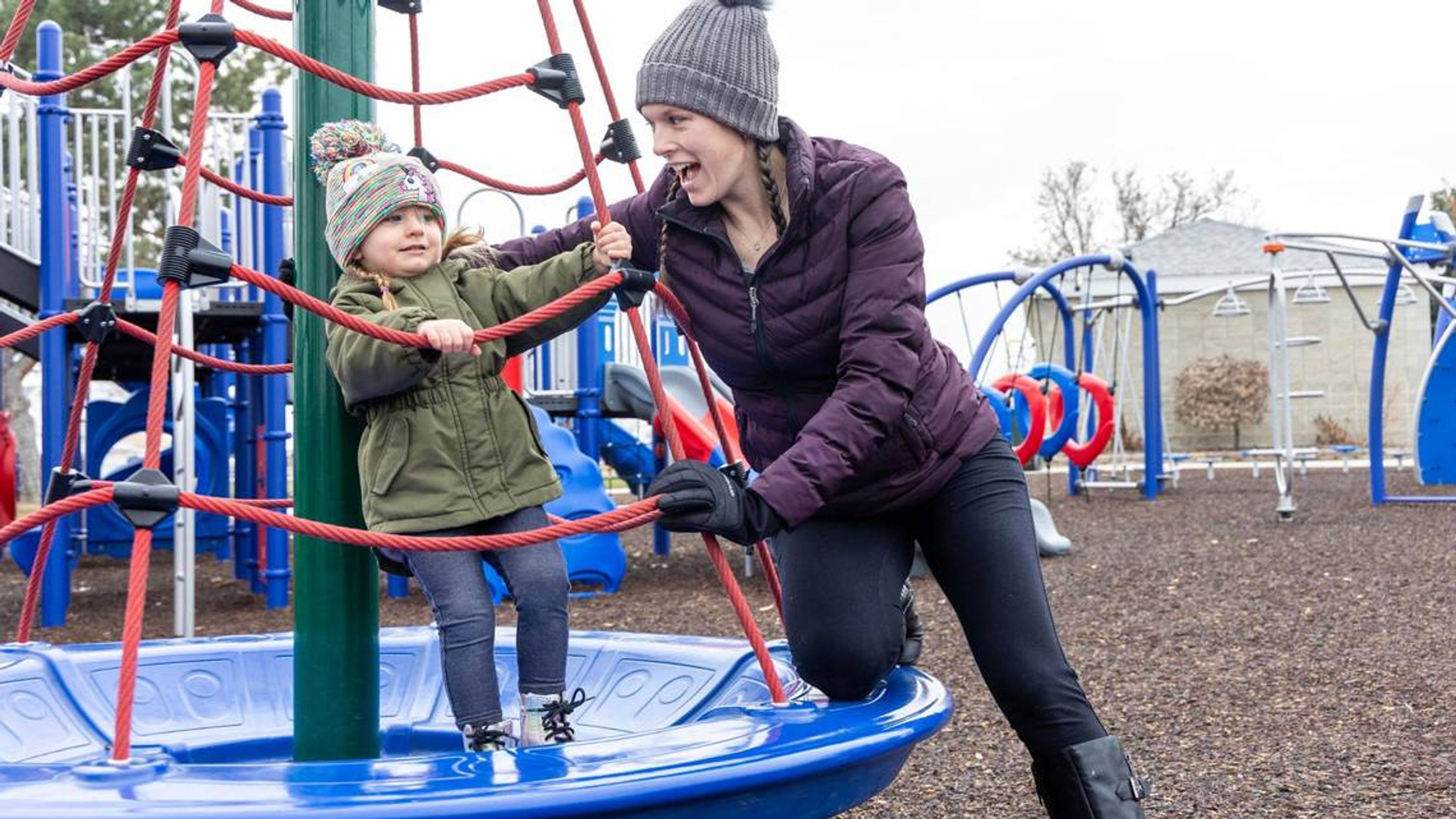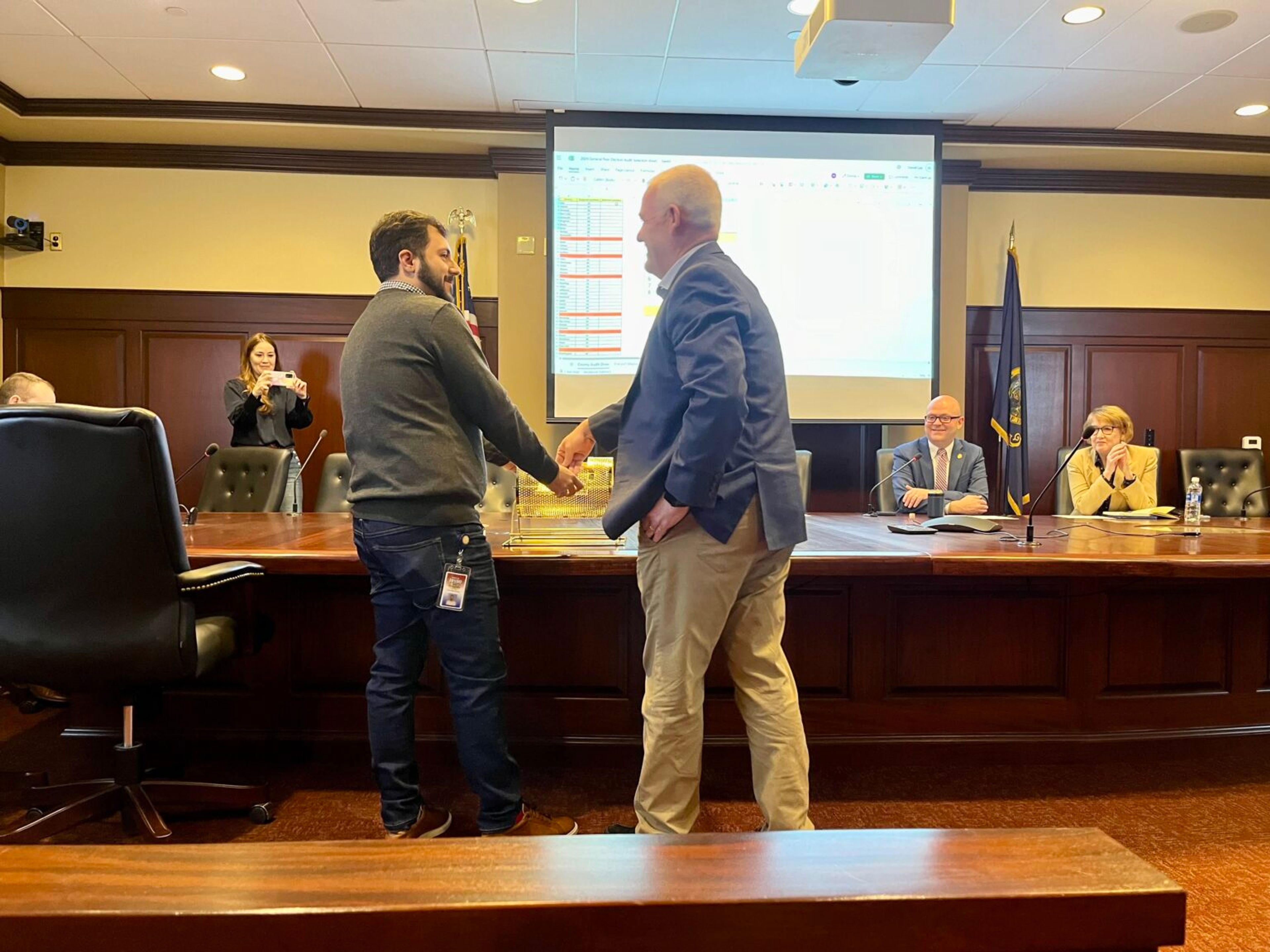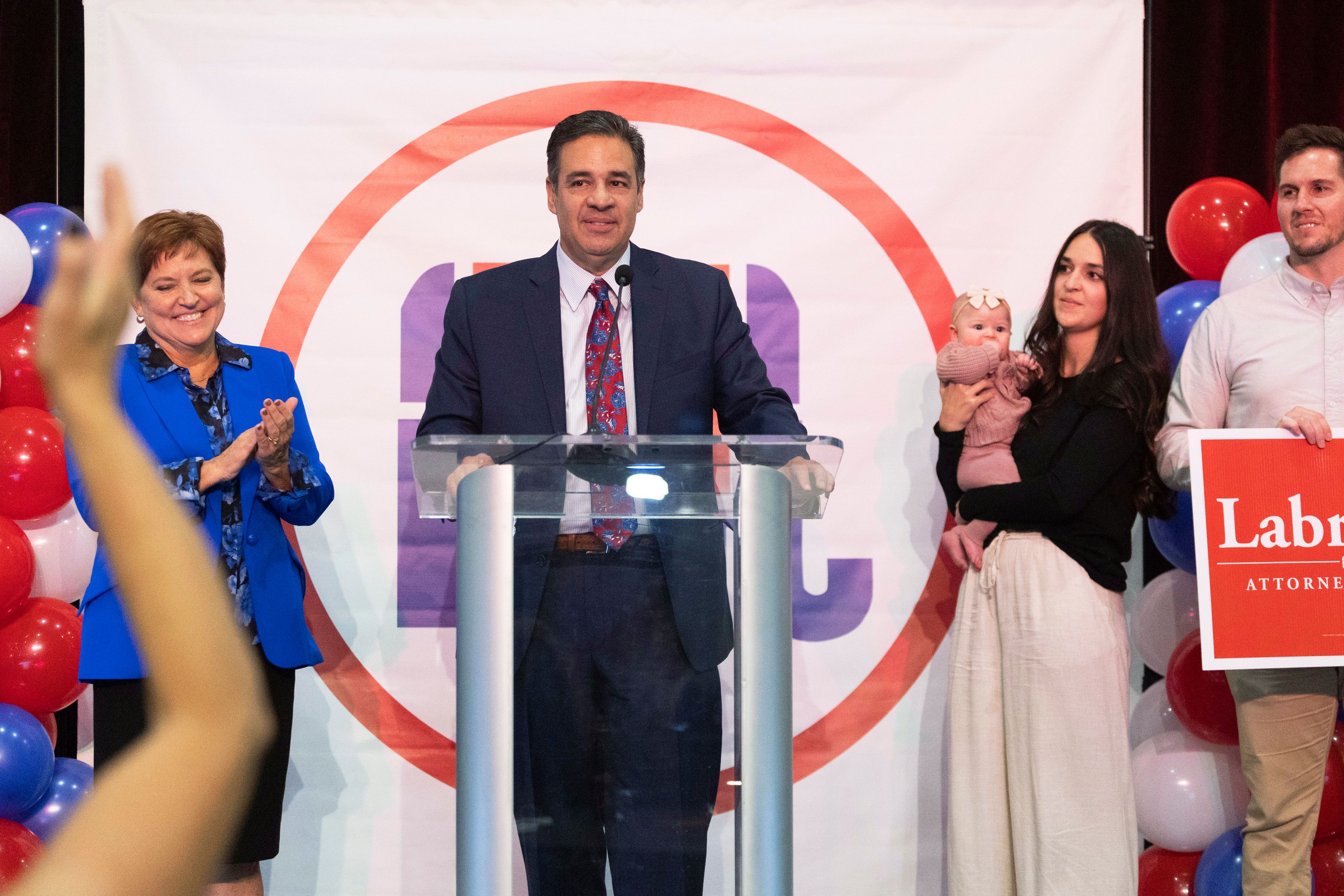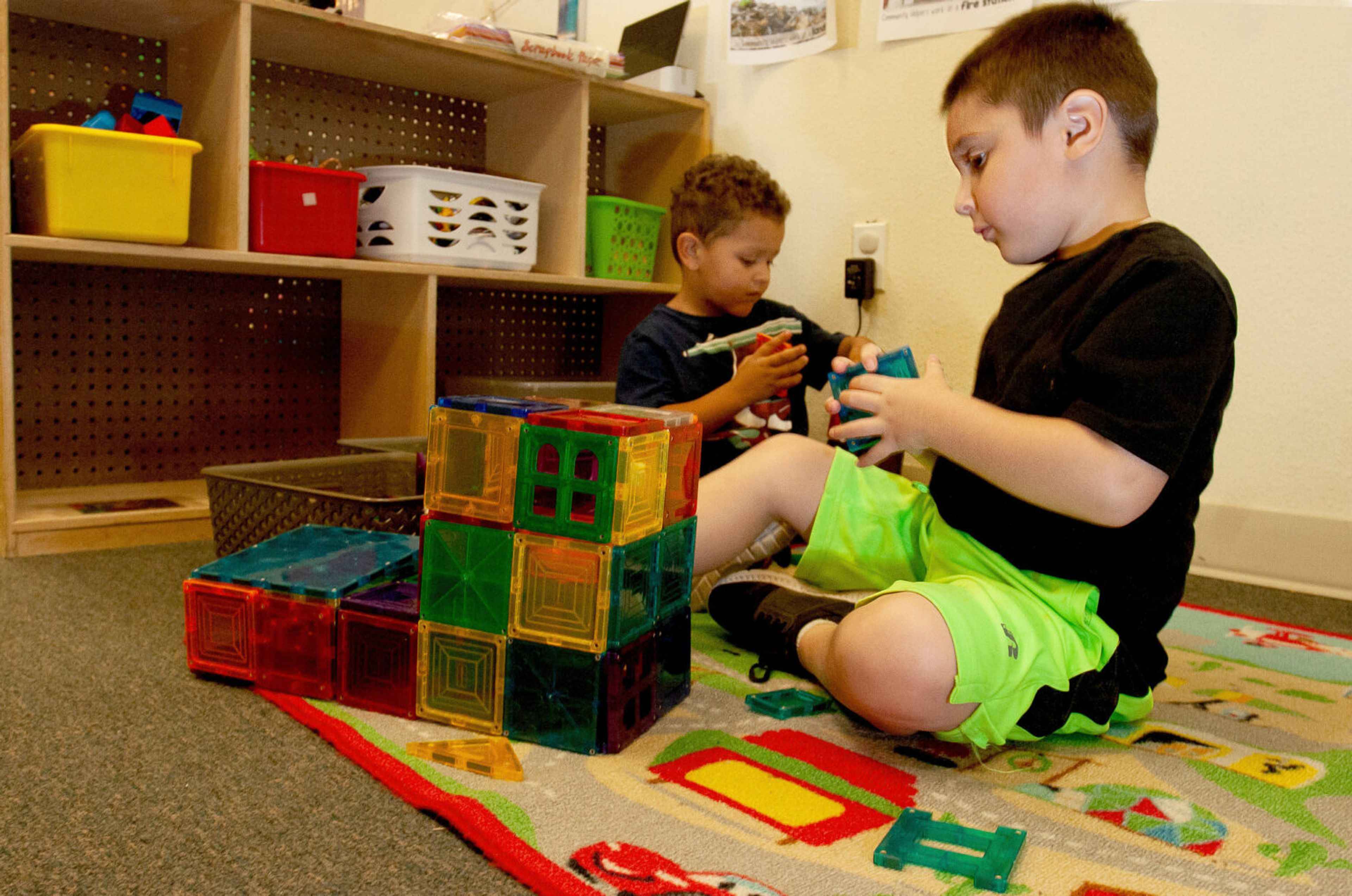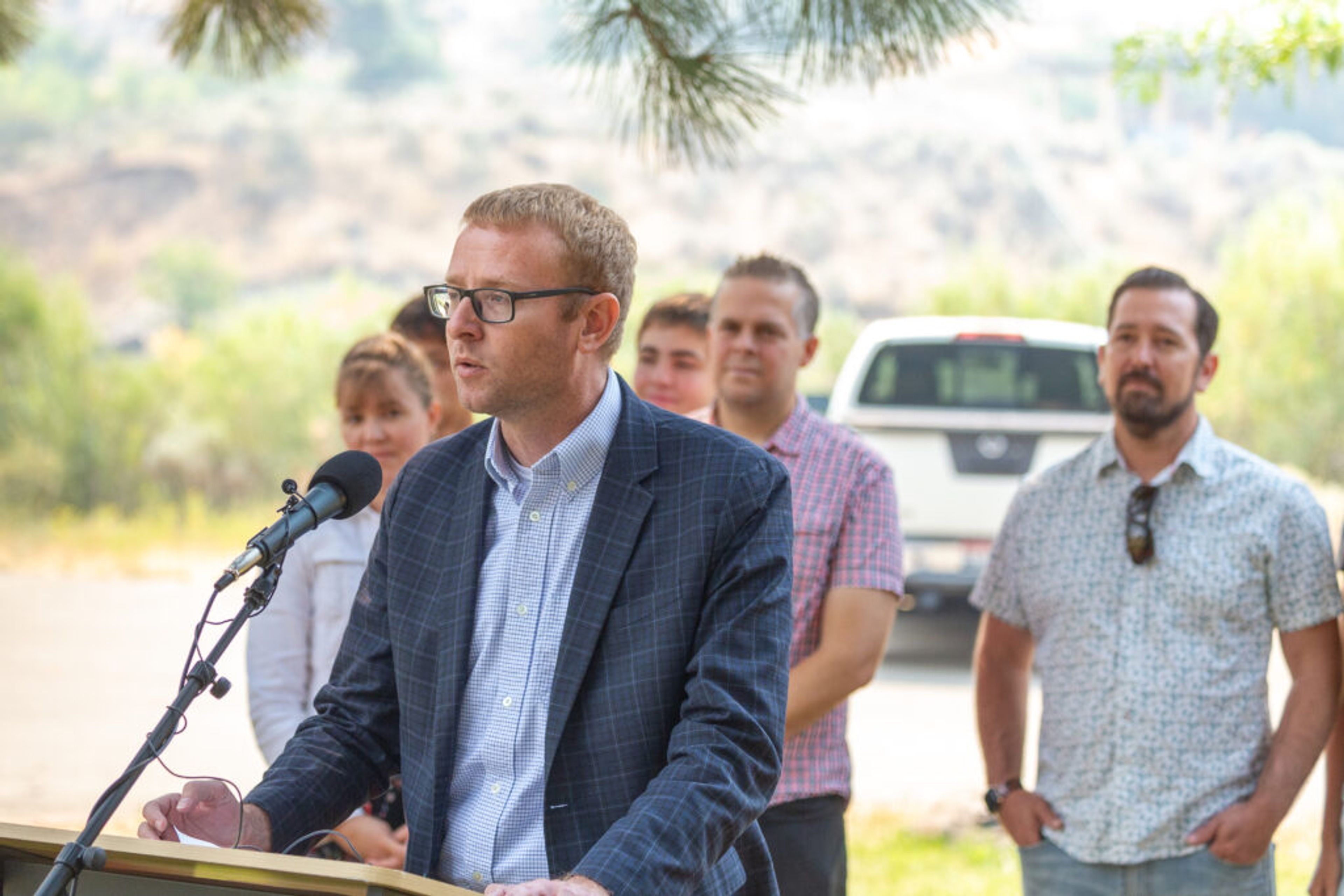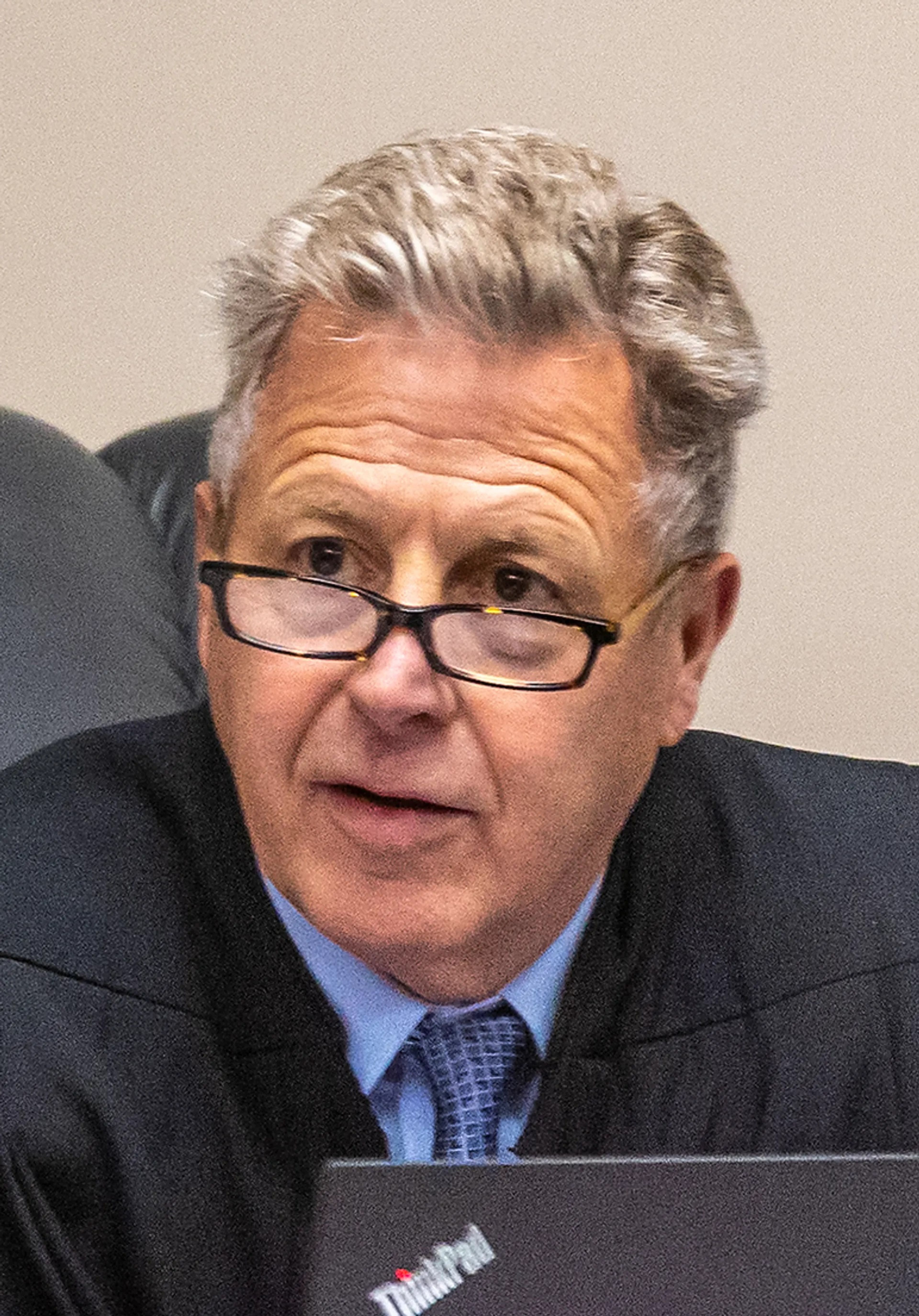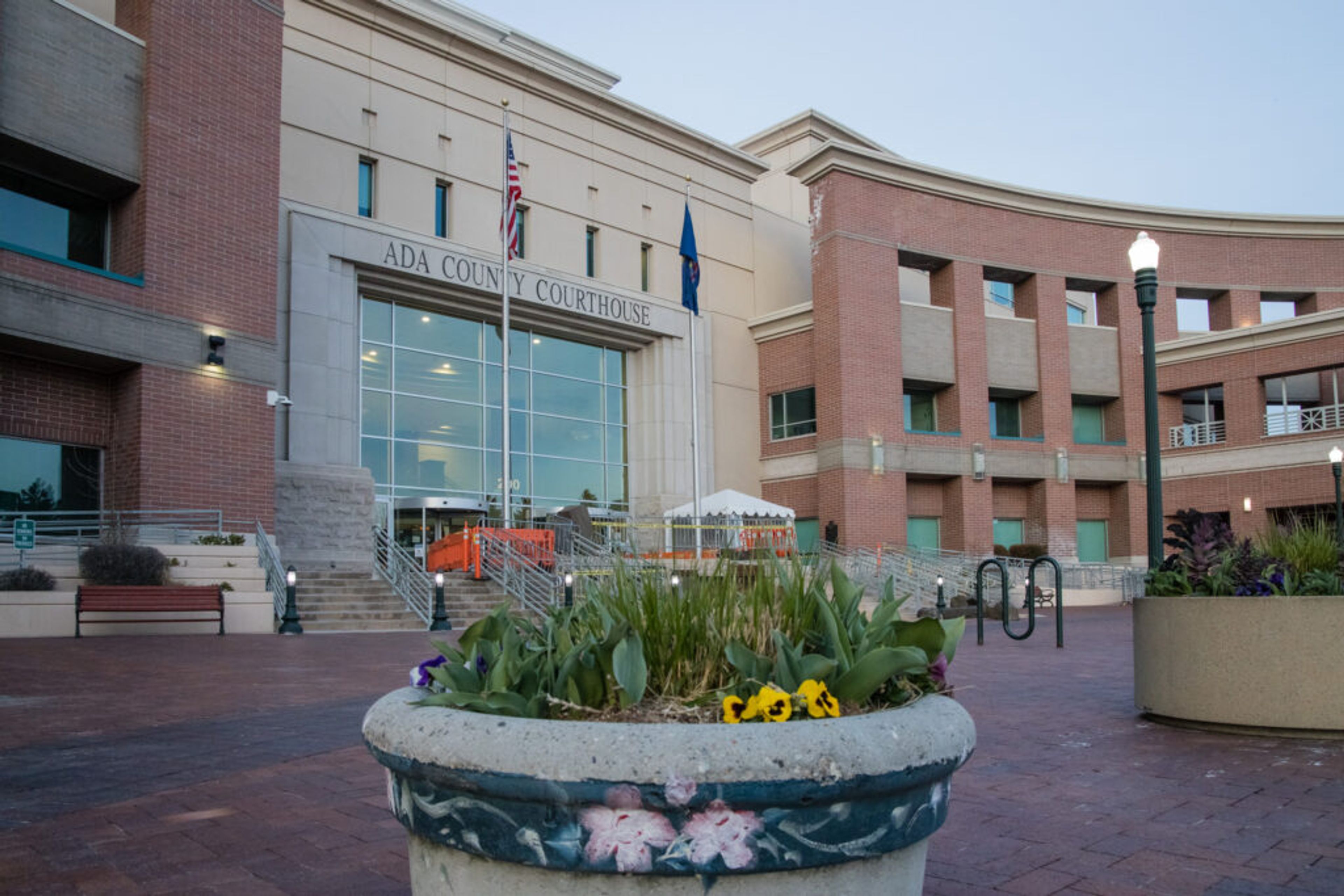Veteran teacher seeks Idaho schools chief post
Democrat Cindy Wilson has taught in Pierce, Orofino schools and was on state prison board
Cindy Wilson has championed the benefits of public education throughout her adult life, but it wasn’t until she joined the Idaho Board of Correction in 2015 that the consequences of failure really hit home.
Wilson, who is running for Superintendent of Public Instruction, noted that 70 percent of the inmates in Idaho’s state prison system never graduated from high school or received a GED certificate.
“So many people are falling through the cracks,” she said. “My work on the Board of Correction has given me a new perspective. We are failing our kids in school, and they’re ending up in prison.”
Wilson grew up in eastern Idaho and taught at Pierce Junior High and Orofino High School for 20 years before spending another decade teaching in the Treasure Valley. She received multiple awards throughout her career, including the Orofino Rotary Teacher of the Year, Meridian Teacher of the Year and Milken National Educator for Idaho.
She was back in north central Idaho this week, campaigning for office. She’ll face first-term incumbent Republican Sherri Ybarra in the Nov. 6 general election.
Wilson’s main message is that Idaho needs an effective advocate for public schools — and Ybarra isn’t up to the task.
“Idaho can do so much better for our kids,” she said. “I want kids to have equal opportunities, but that’s just not happening. I’ve taught in rural schools and urban schools and they’re not the same. That’s unfair, and it’s unconstitutional.”
The Idaho Constitution charges the Legislature with creating and maintaining “a general, uniform and thorough system of public, free common schools.”
Although public school funding has jumped by more than $500 million since 2013 — including a $180 million increase in teacher salaries — Wilson believes the Legislature has fallen short of that constitutional mandate, potentially by hundreds of millions of dollars per year.
She noted, for example, that more than 90 of the state’s 115 school districts had supplemental levies last year.
Those levies, which collectively raised more than $190 million from local property tax payers, “aren’t really supplemental,” she said. Instead, much of the money is used for basic education needs, including salaries.
Beginning and veteran teachers are also leaving the state to take more lucrative positions in neighboring jurisdictions, Wilson said, and Idaho’s aging school infrastructure continues to be a concern.
“That’s the No. 1 thing I hear about from school superintendents,” she said. “There are 100-year-old school buildings all across the state.”
But even if more money is needed, Wilson said if she’s elected, she doesn’t plan to waltz in and immediately ask the Legislature for a massive increase in school funding. Instead, she’ll engage with lawmakers, building on relationships previously developed. She’ll also invite parents, teachers and administrators to come in and talk about education, to help legislators see a path forward.
“We have to tell the story,” she said. “What do we want our kids to learn and why? We want them to have successful lives, to be articulate and be able to function in society. So then we back up and ask what resources do we need to ensure that outcome?”
Money, while important, isn’t the only solution, Wilson said. She also highlighted low-cost options, such as greater partnerships with local communities. And as a longtime government teacher, she can’t resist stressing the benefits of civics classes.
“I think that solves so many of our issues in schools,” she said. “Teaching civility, respect for differences, the ability to compromise — it helps students get along with each other.”
Although she’s running as a Democrat, Wilson isn’t overtly partisan. She grew up in a Republican family and joined the Young Republicans while earning a political science degree at Boise State University. She didn’t actually register as a Democrat until she was appointed to the Board of Correction.
She sees education as a nonpartisan issue — but also recognizes that she’ll need Republican support to win the election.
“We have to spend time traveling across the state, really talking with Republicans,” Wilson said. “They need to know I’m not some crazy liberal who doesn’t know how to get anything done in a Republican state.
“I’ve lived all over the state and understand the differences between north and south, rural and urban. I think that matters. I have a vision for the students of Idaho, to help them achieve success in life. A good, basic education can help them be whatever they want — and keep them out of prison.”
Spence may be contacted at bspence@lmtribune.com or (208) 791-9168.
